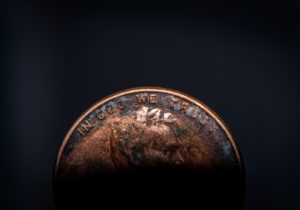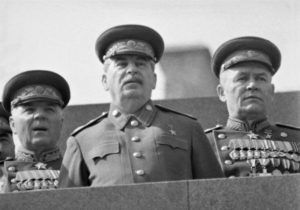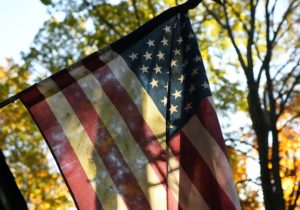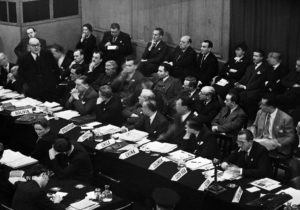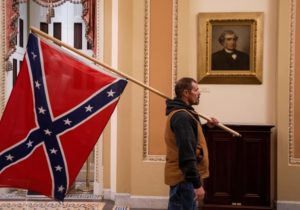Mark Melton
Mark Melton was the managing editor for Providence from 2020 to 2022 and was the journal’s inaugural deputy editor from 2015 to 2020. He earned his master’s degree in international relations from the University of St. Andrews, and his bachelor’s degree in foreign language and international trade comes from Mississippi College. Prior to moving to DC, he worked as a political science adjunct professor at community colleges in Mississippi and taught English in France.

